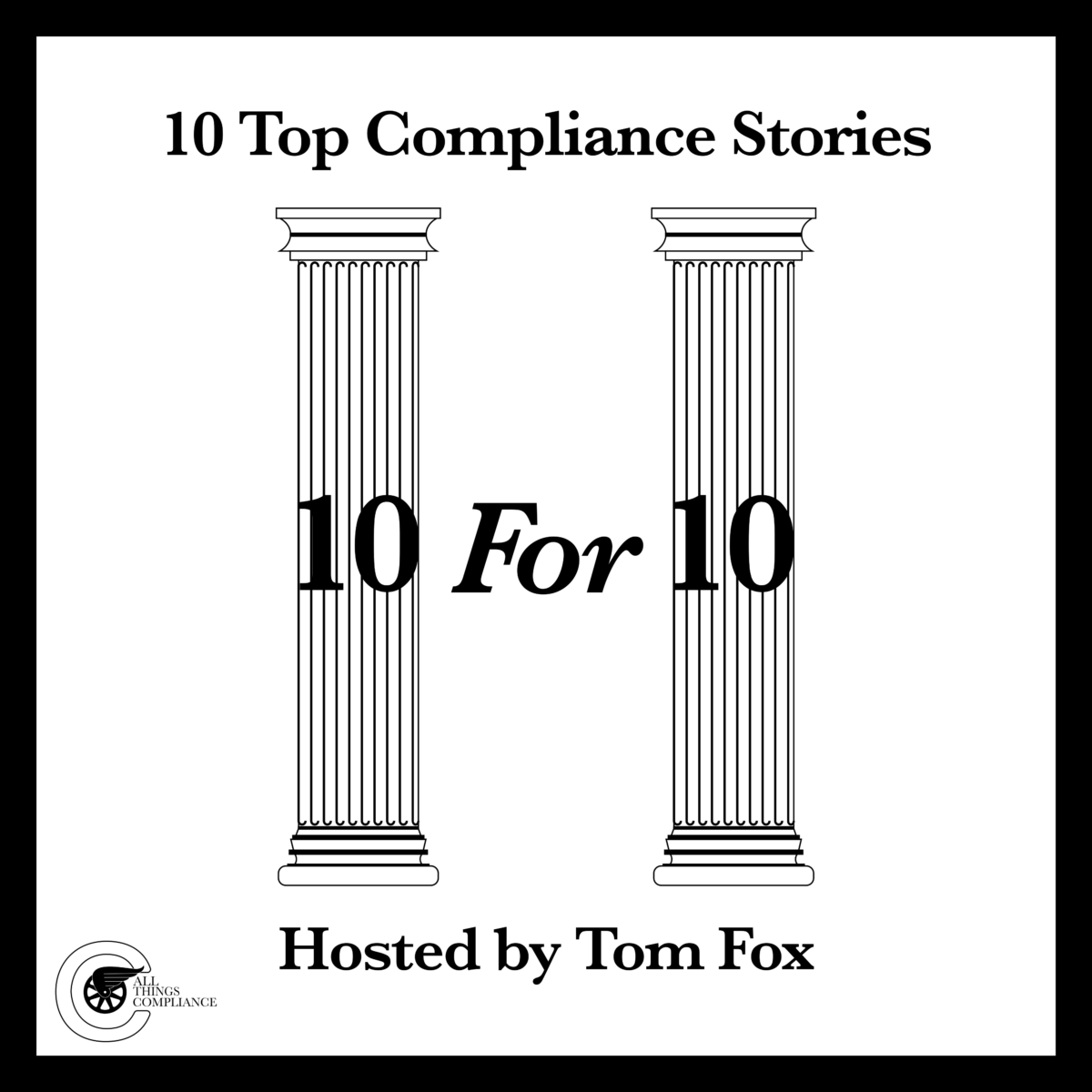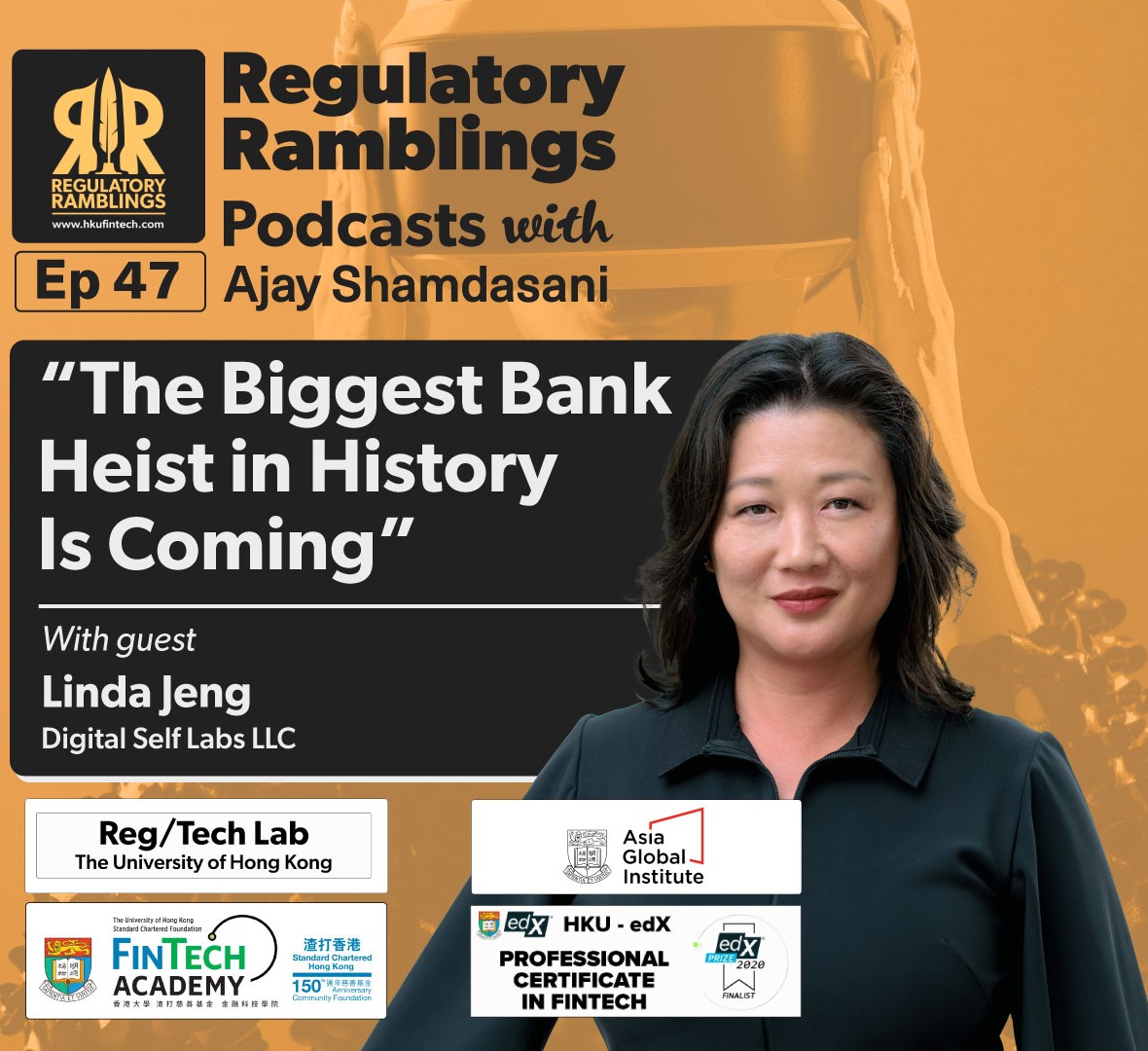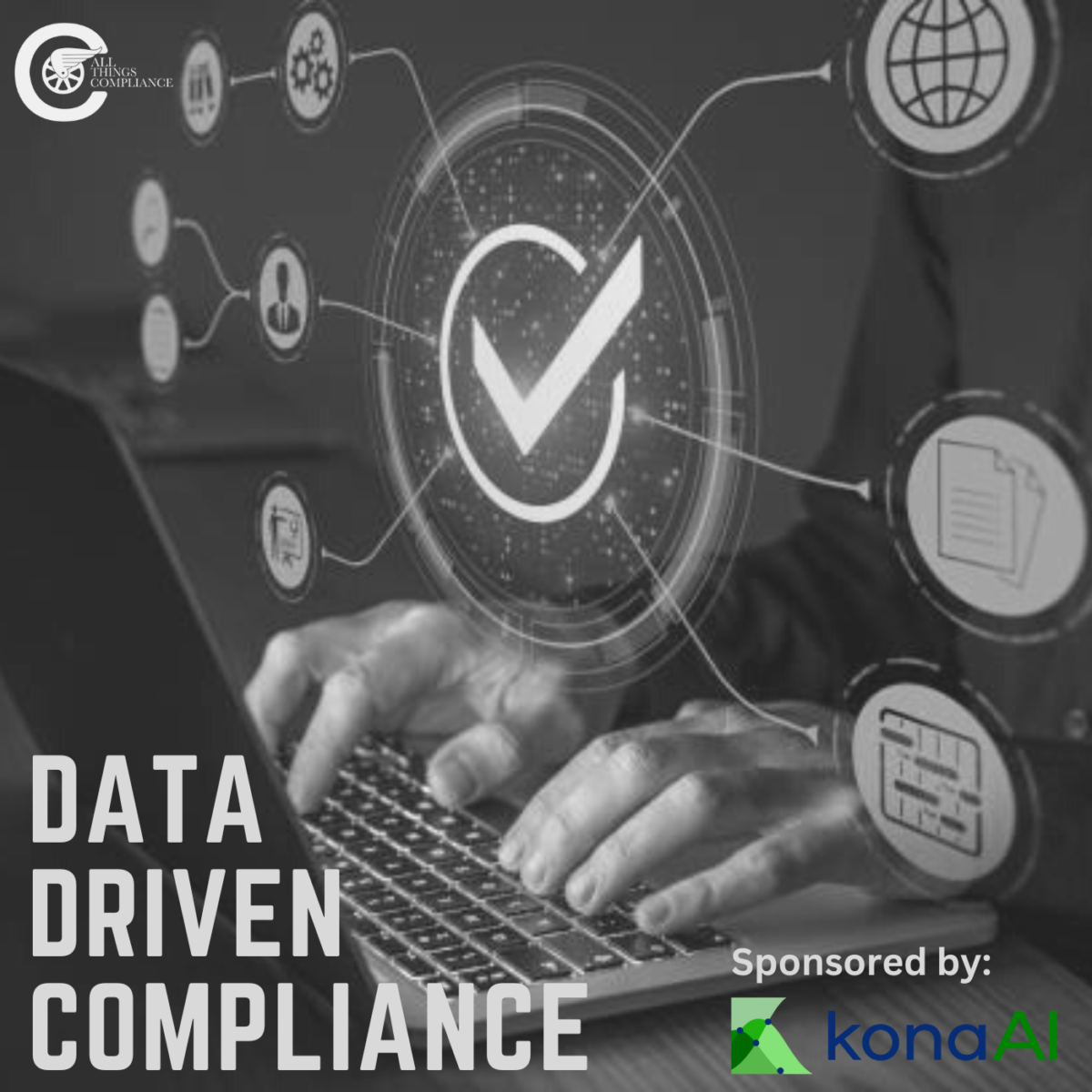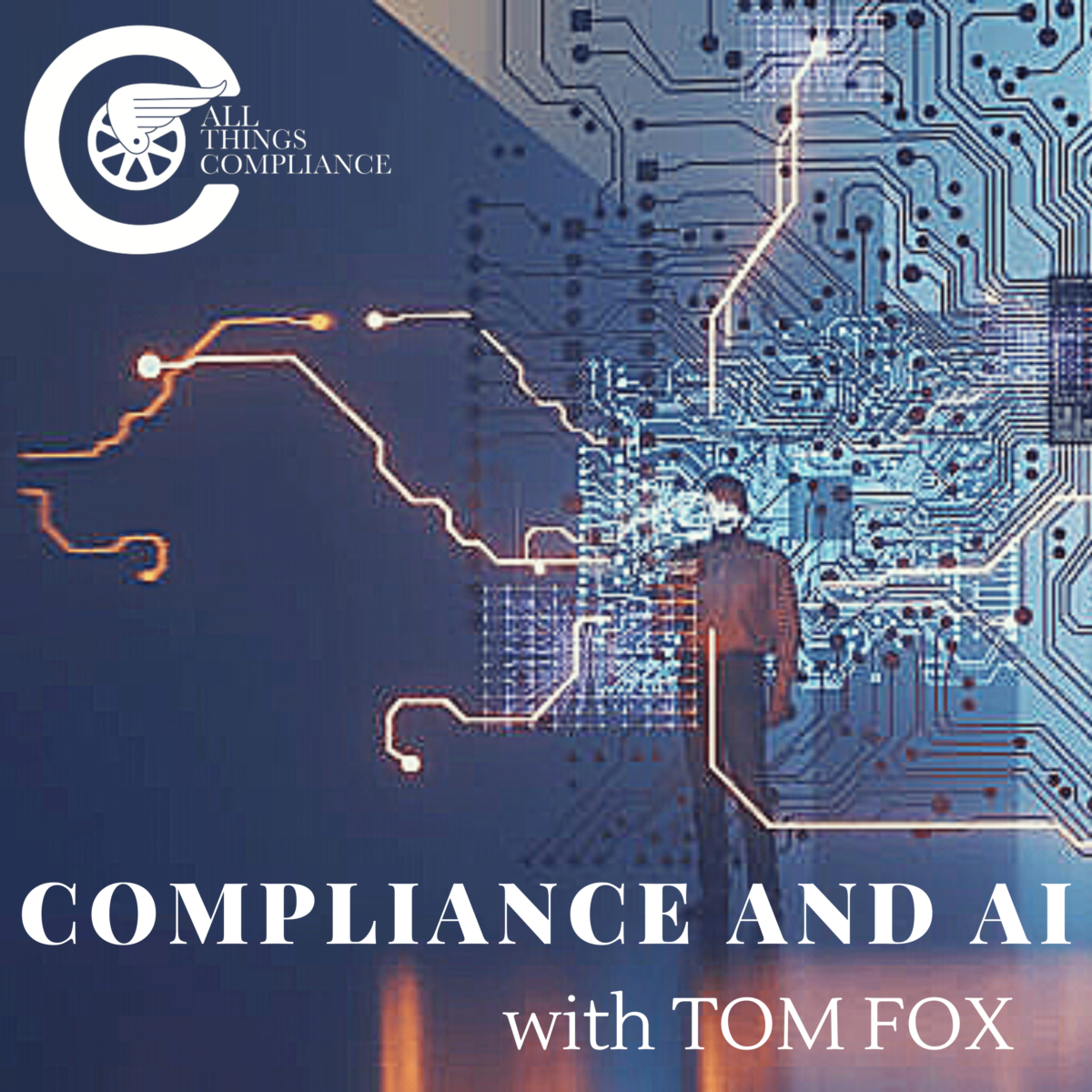Based in the US, Theodora Lau, or Theo, as she’s known, is Hong Kong-born and bred and the founder of Unconventional Ventures. Her firm’s mission is to develop and grow an ecosystem of financial institutions, corporations, startups, entrepreneurs, venture capitalists, and accelerators to improve banking and meet the often-unmet needs of consumers, including older adults and women. Theo’s mission is to connect founders with funders, specifically underrepresented entrepreneurs.
She regularly mentors and advises startups in financial services and healthcare/caregiving as part of her work. She is also an advisor to B21 Ventures, which focuses on entrepreneurs disrupting finance and health through artificial intelligence.
Theo has been referred to by the American Banker as one of the “Most Influential Women in FinTech” and is one of few global experts providing authoritative insights on both the US vis a vis Asia.
Besides being a best-selling author, Theo is an accomplished technologist and is much sought after for her unique insights on the success of super apps in Asia, the evolution of AI, and the disparity in digital adoption between regions. She is also a public speaker, writer, and advisor who seeks to spark innovation in the public and private sectors to benefit forgotten demographics and create a more inclusive society.
Theo regularly discusses AI, gender equity, FinTech, inclusion, and longevity. She is a guest contributor for various top industry events, publications, and podcasts, including Fintech Futures, the American Banker, BBC, the Journal of Digital Banking, Harvard Business Review, Nikkei Asia, MIT Tech Review, Money20/20, Finovate, RISE, FinTech Week Hong Kong, Breaking Banks, Irish Tech News, and the Forbes Technology Council.
She is the co-author of “Beyond Good: How Technology is Leading a Purpose-Driven Business Revolution” and co-author of “The Metaverse Economy” (both books are now available in paperback editions). Theo is also the host of One Vision, a podcast on innovation and fintech, and runs a weekly LinkedIn newsletter called FinTech Prose on emerging technologies (such as voice-activated/enabled software and AI), inclusion, longevity, fintech, innovation, and using technology for good. Her monthly column on Fintech Futures explores the intersection of FinTech and humanity.
She holds a Bachelor of Science degree in chemical engineering from Rensselaer Polytechnic Institute (RPI) in New York and a Master of Science in project management from George Washington University in Washington, DC.
In this episode of Regulatory Ramblings, Theo provides listeners with an in-depth look at the evolving fintech landscape and its regulatory challenges. A common thread in her discussion with our host, Ajay Shamdasani, is the seeming chasm in digital adoption between Asia and the US.
Theo talks about growing up in Hong Kong, eventually heading to the States for education, and her impressions two-plus decades later as having been fortunate enough to have a catbird seat at the beginning of the modern age of digital finance.
Having seen FinTech evolve throughout her career, she also recounts the field’s greatest successes in terms of benefits to the financial system and society overall. Theo comments on why the US is so far behind places like Japan and China in terms of digital payment options, noting that in China, the development of the ecosystem is primarily driven by large, big tech juggernauts like WeChat and Tencent. Similarly, in Japan, which she emphasizes has been “pretty cash heavy until recent times,” the nation’s conglomerates are pushing the move towards digital payments. She stresses, however, that while Asia has a rich FinTech ecosystem, it is at different levels of development because the region is not a monolith.
Theo also shares her thoughts on how long it will be before the US fully embraces digital banking, as many Americans still seem content to write cheques.
It is in sharp contrast to Hong Kong, where the South China Morning Post reported in mid-December 2024 that, based on figures from the Hong Kong Association of Banks, the use of cheques in the Special Administrative Region has fallen and is expected to continue to decline at an annual rate of between 10-20%. The number of cheque payments in the city dropped by 27% to 4.33 million this November, compared with 5.9 million in November 2021, while the value fell by 22% to HK$468.54 billion per month over the same period.
Other markets, such as the UK, Australia, and Singapore, are also trying to reduce the use of cheques.
Yet, as Theo remarks, the number of regulators in the US might at least partly explain its sluggishness in rolling out more digital payment options.
Reflecting on the post-Covid world, she points out that worldwide, financial regulators and central banks have been proactive, despite geopolitical issues, to create linkages for seamless cross-border transactions and transfers—as seen by Project Nexus, the Bank of International Settlements Innovation Hub, and the Monetary Authority of Singapore building towards a unified system for fast payments across Southeast Asia, with a planned extension into South Asia.
What used to be siloed and driven by private organizations has led regulators to see the value of interconnectivity now.
The challenge is how FinTech can benefit financial inclusion. There is a widespread perception that tech creators sometimes promise more than they can deliver, especially in terms of bettering the lives of the poor, elderly, illiterate, uneducated, or uninformed.
The problem is not confined to developing nations: 4.2% of US households, or 5.6 million households, are classified as unbanked, with a further 14.2%, or 19 million households, deemed underbanked. The question is, therefore, one of fairer access to the financial apparatus.
The discussion concludes with Theo stating that it is not technology that poses the most significant challenge. Instead, she says, it is the adoption of tech by local regulators or enterprises and the regulations that enable them. She also remarks on generative AI and machine learning in financial services and whether they can facilitate digital inclusion in the Asia-Pacific and the West while acknowledging the related liability issues and that regulators are perhaps not as tech-savvy as they need to be.
Looking ahead, Theo notes that a key challenge is that many startups and tech firms generally focus their marketing and sales on younger users—despite more wealth held by older people—because of a perception of a lack of digital competency amongst the latter by entrepreneurs.
She says another roadblock to tech adoption is by financial institutions themselves, as many banks and MNC CEOs are more focused on the bottom line and fear that large, transformational projects will cost millions and hurt their remuneration.
Regulatory Ramblings podcasts is brought to you by The University of Hong Kong – Reg/Tech Lab, HKU-SCF Fintech Academy, Asia Global Institute, and HKU-edX Professional Certificate in Fintech, with support from the HKU Faculty of Law.
Useful links in this episode:
-
Follow Theodora Lau on LinkedIn
-
Theo’s books on Amazon: Beyond Good and Metaverse Economy
-
Unconventional Ventures: Webpage
You might also be interested in:
-
Must have book by Ross Buckley, Douglas Arner & Dirk Zetzsche – FinTech: Finance, Technology & Regulation
-
Building Better Financial Systems: FinTech Sustainability – Research
-
HKU-SCF Fintech Academy – website
-
Asia Global Institute – website
-
Most sought after Fintech course on edX – Introduction to Fintech
Connect with RR Podcast at:
LinkedIn: https://hk.linkedin.com/company/hkufintech
Facebook: https://www.facebook.com/hkufintech.fb/
Instagram: https://www.instagram.com/hkufintech/
Twitter: https://twitter.com/HKUFinTech
Threads: https://www.threads.net/@hkufintech
Website: https://www.hkufintech.com/regulatoryramblings
Connect with the Compliance Podcast Network at:
LinkedIn: https://www.linkedin.com/company/compliance-podcast-network/
Facebook: https://www.facebook.com/compliancepodcastnetwork/
YouTube: https://www.youtube.com/@CompliancePodcastNetwork
Twitter: https://twitter.com/tfoxlaw
Instagram: https://www.instagram.com/voiceofcompliance/
Website: https://compliancepodcastnetwork.net















